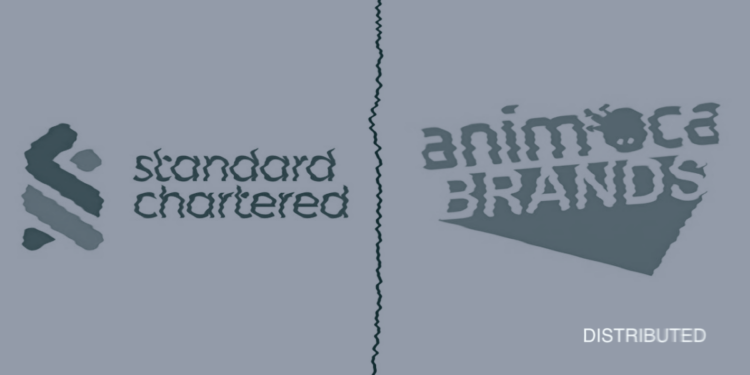- The venture combines a Web3 investor, a multinational bank, and a telecom provider.
- It plans to apply for a stablecoin issuer license under Hong Kong’s new regulatory framework, which took effect this month.
Animoca Brands and Standard Chartered’s Hong Kong division have partnered with Hong Kong Telecom to launch Anchorpoint, a joint venture aimed at issuing licensed stablecoins in the city.
The announcement comes as Hong Kong’s new stablecoin licensing regime takes effect this month.
According to Coindesk, Anchorpoint has stated its intention to apply for a stablecoin issuer license under the new rules. The three partners have been participating in the Hong Kong Monetary Authority’s stablecoin sandbox for over a year in preparation.
Meanwhile, the Hong Kong Monetary Authority (HKMA) expects about 40 companies to apply for licenses, but Chief Executive Eddie Yue has indicated that fewer than 10 are likely to receive approval.
See Related: Big U.S. Banks Are Exploring A Joint Stablecoin In Early Talks: Report
Part of A Wider Global Shift
Stablecoins are cryptocurrency tokens pegged to assets such as the U.S. dollar. Regulators worldwide have increased oversight of the sector, with the United States introducing the GENIUS Act and Hong Kong launching its licensing regime.
Anchorpoint’s creation brings together a Web3 investor, a multinational bank, and a telecom provider, marking one of the first major joint ventures to enter Hong Kong’s regulated stablecoin market.
Recently, HKMA’s Chief Executive Eddie Yue warned companies to temper their enthusiasm for entering the stablecoin business, particularly if their main operations were unrelated to digital assets.
Yue cautioned that market sentiment had become overheated amid a wave of speculation about the stablecoin sector. “With the recent hot speculation of the stablecoin concept, the market has become overly excited,” he wrote, urging businesses to approach the space with caution.
The warning came as the HKMA prepared to begin licensing stablecoin issuers from August 1, following the passage of a stablecoin bill in May. The regulator expected about 40 firms to apply for licenses but anticipated approving fewer than 10.



